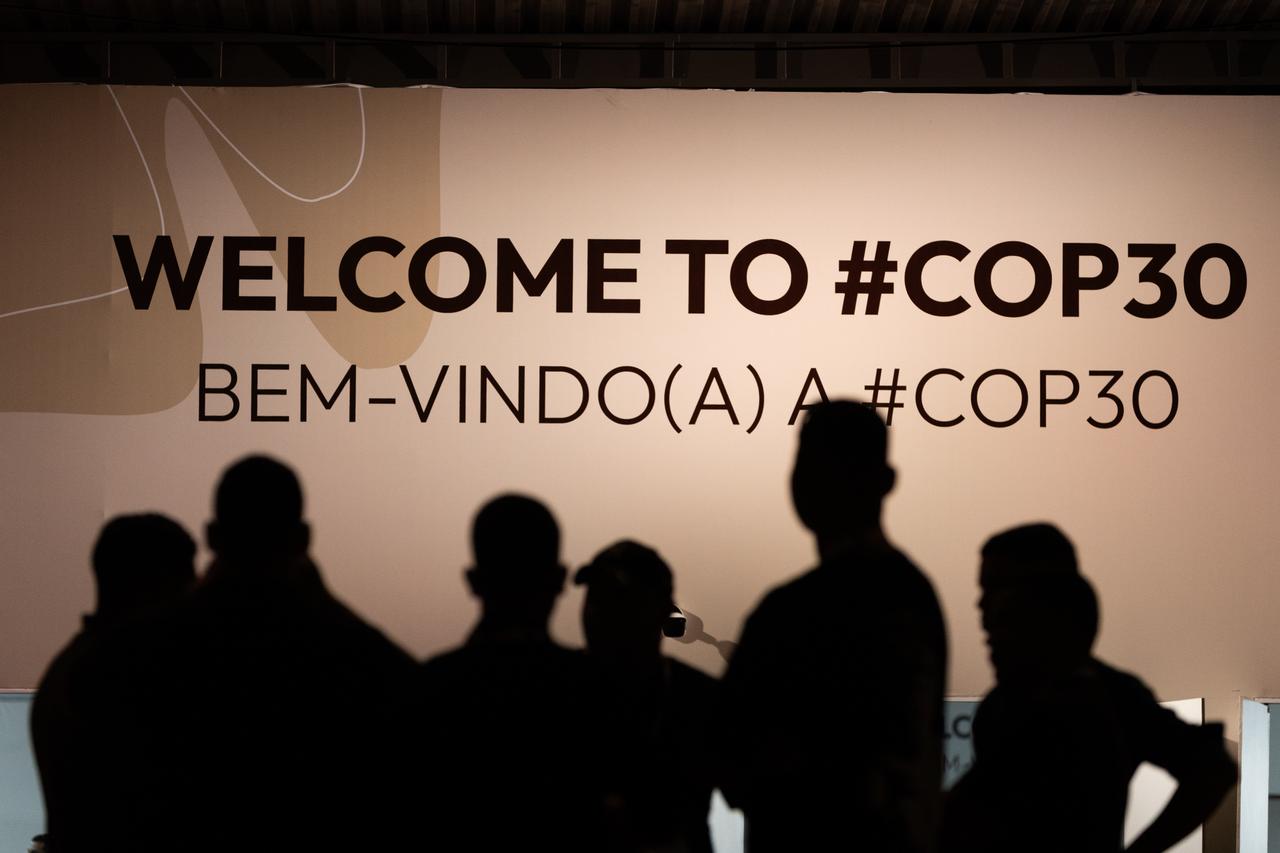
A global coalition of energy service companies has increased its annual investment commitment for energy transition by 25 percent, elevating the target to $148 billion and pushing total projected spending through 2030 above $1 trillion.
The United Net-Zero Energy Utilities Alliance (UNEZA) announced the revised figures at the United Nations Climate Change Framework Convention's 30th Conference of Parties (COP30) in Belem, Brazil. The platform, which comprises more than 55 companies and organizations from 26 countries, raised its previous annual commitment from $117 billion.
The enhanced investment plan allocates $66 billion yearly to renewable energy development and $82 billion to grid infrastructure and energy storage systems. UNEZA was established at COP28 with the goal of tripling renewable energy capacity and accelerating system integration while modernizing electrical grids.
Jasim Husain Thabet, UNEZA's founder and co-chair who also serves as CEO of Abu Dhabi-based energy company TAQA Group, described the investment increase as evidence of the alliance's determination. "Energy service companies around the world are making serious and concrete investments for a more resilient and sustainable system," Thabet said.
Francesco La Camera, director general of the International Renewable Energy Agency (IRENA), emphasized the growing challenge posed by electrical grid limitations. "Electricity grids have now become the biggest obstacle to energy transition, especially in emerging and developing countries that need resilient infrastructure to support climate action, sustainable growth, and energy security," La Camera said.
He added that COP30 in Belem must mark a turning point that goes beyond simply installing more transmission lines. "We must rebuild the system from the ground up for secure, low-cost, and future-proof reliable energy," La Camera stated.
According to IRENA, approximately $670 billion in annual investment is required by 2030 to adequately strengthen and expand electricity grids globally. The gap between UNEZA's commitments and estimated needs highlights the scale of infrastructure development required to support renewable energy deployment and climate goals.
The alliance's focus on grid modernization and storage capacity reflects broader recognition that transmission and distribution systems represent a critical constraint on renewable energy integration, even as solar and wind generation costs have declined significantly in recent years.